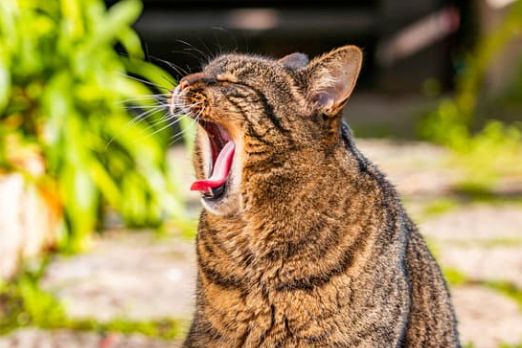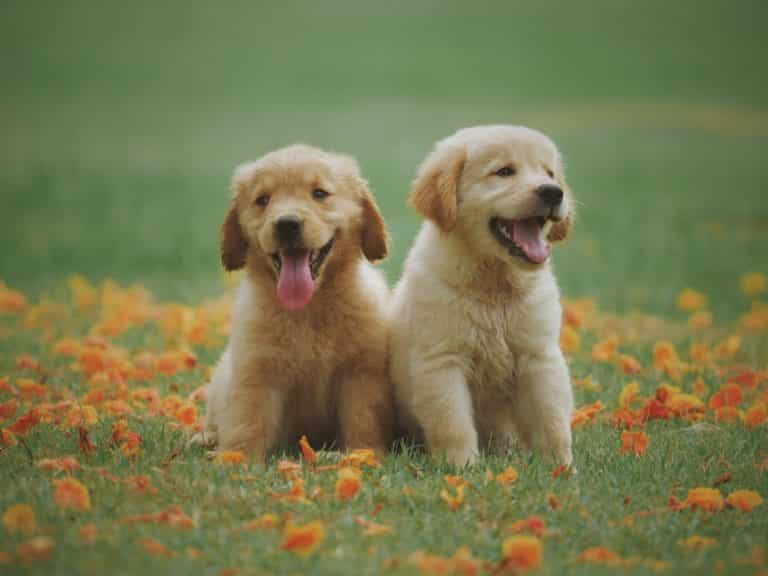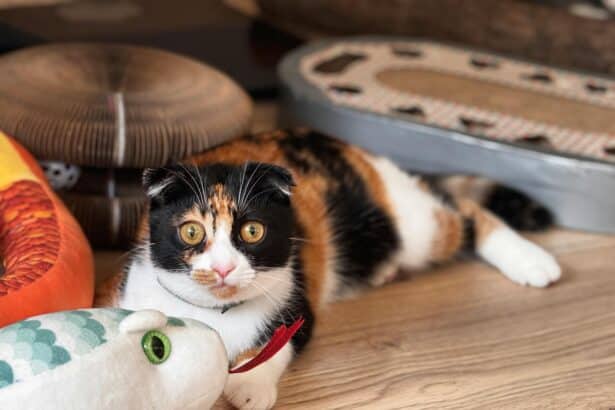Discover the 10 most popular American cat breeds, from the majestic Maine Coon to the playful Bengal and the adorable Exotic Shorthair. Learn about their origins, characteristics and unique personalities. Find the perfect feline companion for your family with our comprehensive guide to American cat breeds.
Here’s a roundup of 10 cat breeds with American roots.
American cat breeds
Maine coon
Originally from Maine, this gentle giant is one of the largest cat breeds, weighing up to 9 kilos. In fact, it’s so big that some people once thought it was a cross between a cat and a raccoon, hence the breed’s name. Maine coon cats have long, silky coats.

It is also available in a wide variety of colors and patterns. Maine coon cats are an inquisitive, easy-going breed that enjoy spending time with their families and generally get along well with other cats and dogs.
Ragdoll
Developed in the 1960s by California cat breeder Ann Baker, ragdolls are well known for their bright blue eyes, colorful coat and tendency to become completely relaxed when carried.
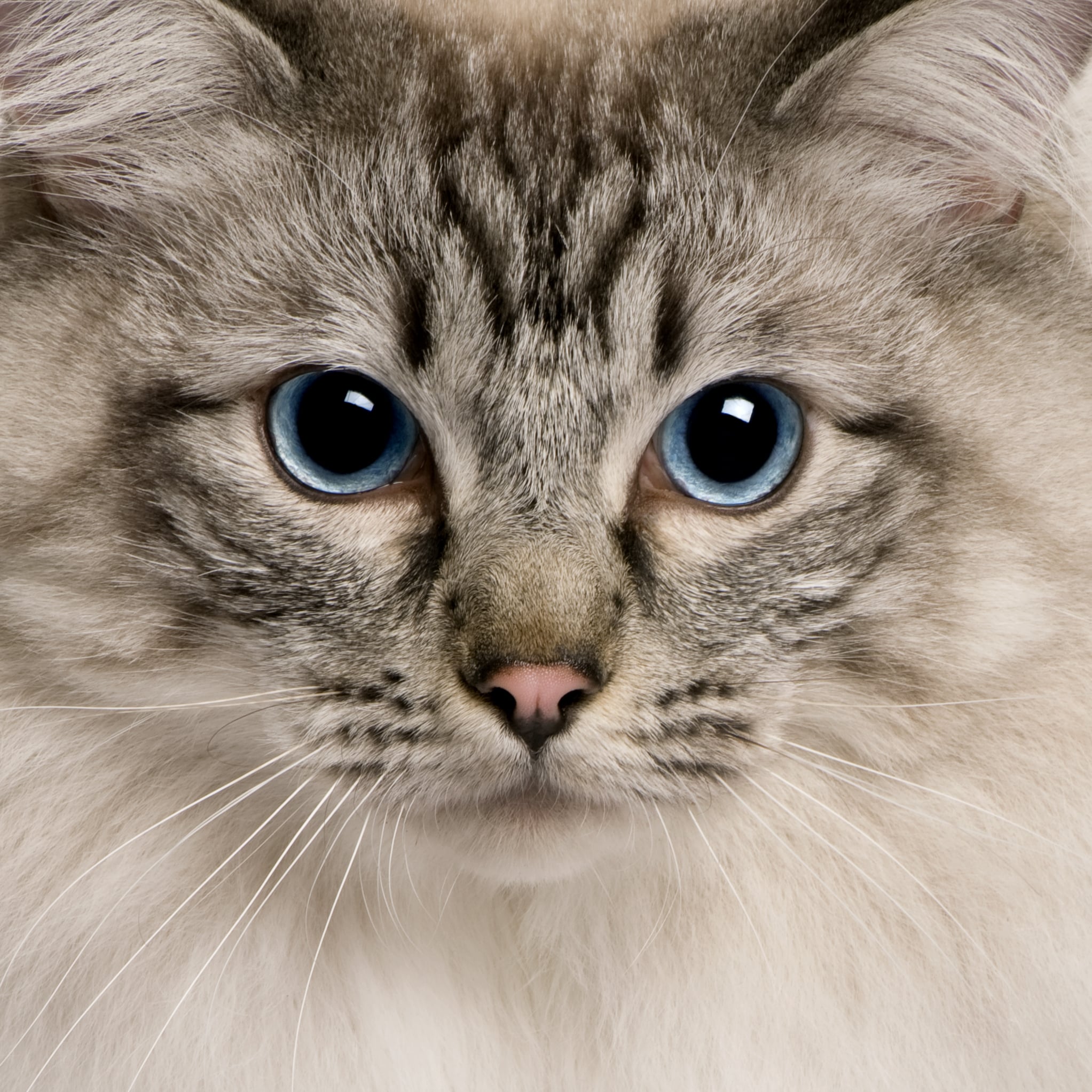
Ragdolls are a gentle, docile breed that can grow quite large with males tipping the scales at 6 kilos or more. Their long, soft coats are easy to maintain with regular grooming and come in a range of spot colors: seal, blue, chocolate and lilac, and in three divisions: solid or colorpoint and bicolor. They make excellent family pets because they’re easy to handle and have such cheerful personalities.
American shorthair
The earliest ancestors of the American shorthair breed were European cats brought to America as ship’s cats who interbred with the local cat population.

Over time, cat breeders have worked to refine this short-haired working cat into a recognized breed that was once called the domestic shorthair. But in 1966, the breed was renamed American Shorthair to differentiate it from the more common mixed-breed cat from which it originated.
The American Shorthair is a charming medium-sized cat that gets on well with people and other animals. It comes in an almost unlimited range of colors and patterns, but the best-known dress color is silver tabby.
Himalaya
The Himalaya combines the best characteristics of both parents, the Persian and the Siamese. Developed in the 1930s, the Himalayan features the bright blue eyes and pointed coat of the Siamese with the long, glossy coat and snub nose of the Persian.
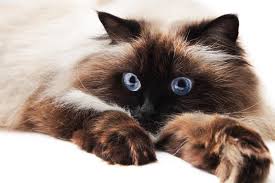
While many cat lovers consider the Himalayan a distinct breed, others consider it a variety of the Persian.
In the end, though, it doesn’t really matter because what’s important is the fact that the Himalayan makes an incredible, beautiful pet that’s intelligent, curious and engaging.
His pretty coat is available in several colors, including seal, blue, chocolate, lilac, flame, tortoiseshell and lynx.
Exotic shorthair
Do you like the Persian’s look and personality but don’t want to groom his long coat? Consider the exotic shorthair as an alternative. Developed in the 1950s, the Exotic Shorthair was created by crossing Persian cats with the American shorthair.
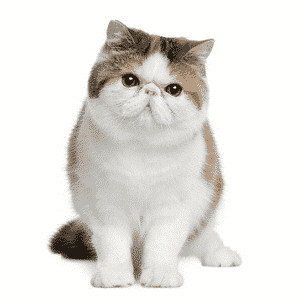
The result is a friendly cat that retains the snub nose and broad skull of the Persian with the short coat and more active personality of the American Shorthair.
They are gentle, affectionate cats who love attention and are at the center of family activities. Hair colors vary.
Bengal
Technically, the Bengal is not a breed but a hybrid cat developed in California by crossing a domestic cat with an Asian leopard cat. They are appreciated for their bold, leopard-like spots; big eyes; and legs longer than a domestic cat.

Bengals are curious, active and outgoing animals, but it’s important that you do your research before bringing a Bengal into your home. Only kittens four generations removed from the leopard cat make good pets.
A cat less than four generations old could retain too much of the leopard cat’s genetics and develop temperament problems.
Balinese
Developed in the 1950s by cat lovers in California and New York, the Balinese is essentially a long-haired breed derived from the Siamese. They are magnificent cats that retain the curious, outgoing personality of the Siamese.
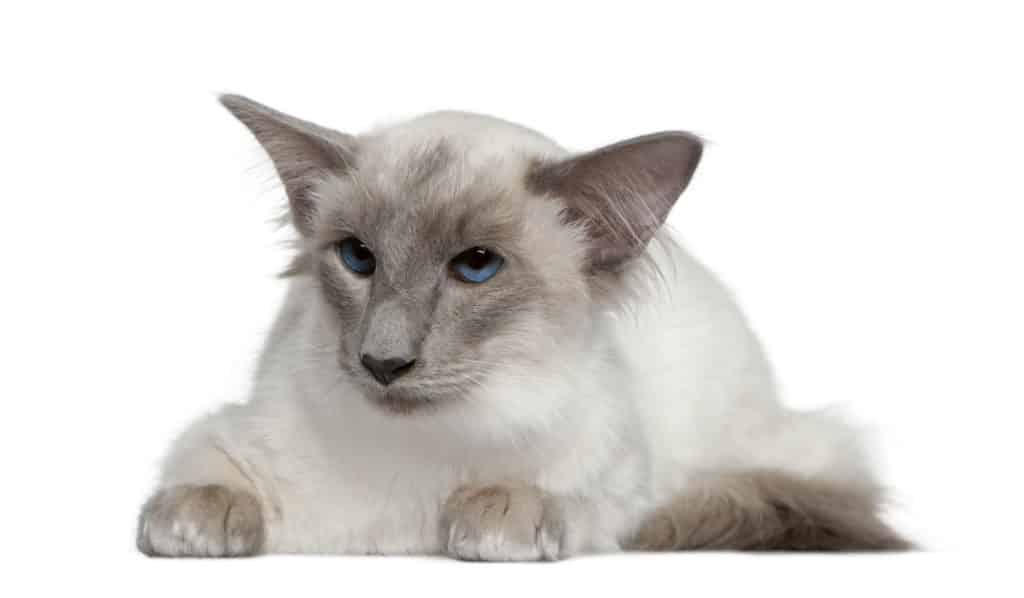
The traditional form, which has a longer coat and a round head, and the contemporary form, which has a shorter coat and a narrower wedge-shaped head.
Pixiebob
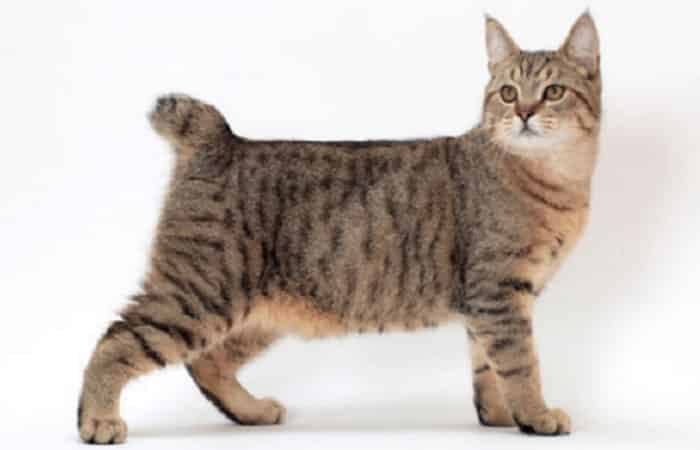
The Pixiebob may look like a wildcat (they’re supposed to look like a wild lynx), but they all purr when you get to know them. Developed in Washington State, the Pixiebob is the result of natural breeding between a large bobtail and a number of local spotted cats. Over time, the breed has become prized for its outgoing personality, beautiful spotted coat and short tail.
Selkirk Rex
The Montana-born Selkirk Rex sports a plush, curly coat in a variety of colors. Unlike the Devon or Cornish Rex breeds, the Selkirk Rex has a thicker coat and can be long-haired or short-haired.

He was created by crossing a Persian cat with a curly kitten found in a local animal shelter. The Selkirk Rex is a social and loving kitty who enjoys spending quality time with his owners.
American Bombay

American Bombay originated in Kentucky. It was developed by a cat breeder whose aim was to create a domestic cat with the elegant appearance of a wild black panther. To do so, she crossed an American black shorthair with yellow eyes and a Burmese champion. Finally, the breeder succeeded in producing the American Bombay.
This elegant, outgoing cat is very social and makes an ideal family pet. American Bombay cats are never shy and get on well with other cats and dogs. They need attention and are highly trainable.





